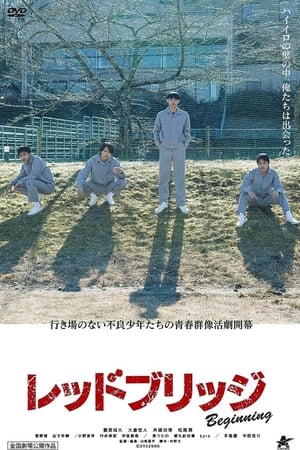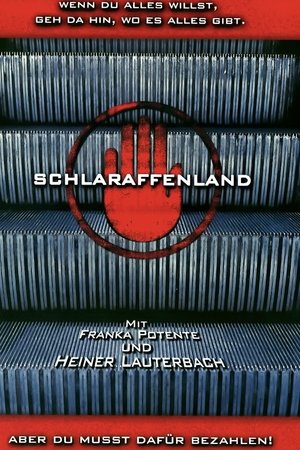

Sayonara Speed Tribes(2012)
An aging Japanese bike gangster mentors a crop of halfhearted pledges threatened by police pressure. In doing so, he confronts his tough guy past and dwindling options for the future.
Movie: Sayonara Speed Tribes
Top 1 Billed Cast
Himself

Sayonara Speed Tribes
HomePage
Overview
An aging Japanese bike gangster mentors a crop of halfhearted pledges threatened by police pressure. In doing so, he confronts his tough guy past and dwindling options for the future.
Release Date
2012-12-20
Average
0
Rating:
0.0 startsTagline
Genres
Languages:
English日本語Keywords
Similar Movies
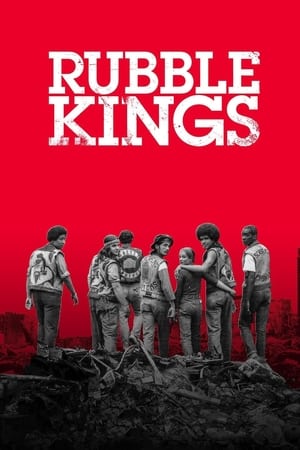 7.0
7.0Rubble Kings(en)
Through archival footage Nicholson tells the story of the real Warriors that walked the streets of New York City in the 1970s and the harsh reality of gang life in a city that seemed to be falling apart.
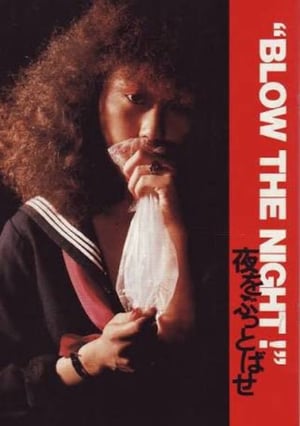 7.4
7.4"BLOW THE NIGHT!" Let's Spend the Night Together(ja)
"BLOW THE NIGHT!" Let's Spend the Night Together is a 1983 Japanese docu-drama shot on 16mm film starring actual Yanki gang members as many of the main characters.
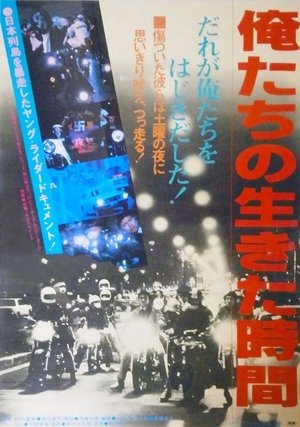 0.0
0.0The Moments We Lived(ja)
After working as a reporter and an assistant at a radio station, Watanabe Yoshimitsu, former leader of the bosozoku gang Black Emperor, returned to his old stomping grounds and began to make a film about bosozoku. At the time, he was 21. The teenage members of the bosozoku group, also known as " Thunder " would get into their revamped motorbikes and cars and race around the city. With the police as their enemies, they ran from patrol cars and did other defiant acts. They would put on outlandish clothing and, as a result of fights with rival groups, were very loyal to other members of their own gang. Every Saturday, they would cruise around, vanish and reappear throughout the entire night with no particular goal. However on 1 December 1978, because of provisions in the new highway transport law, the end was at hand for their " season of running wild. " The film shows them simply continuing to run wild on this last night before the law is to take effect.
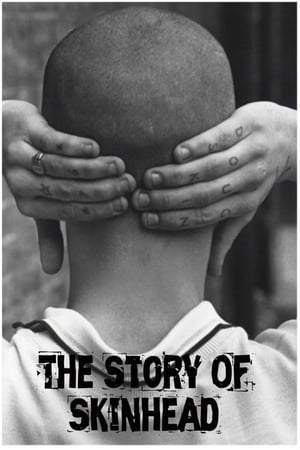 8.0
8.0The Story of Skinhead(en)
Don Letts examines the history of this notorious subculture in a fascinating documentary, which features interviews with members of different skinhead scenes through the decades. Beginning in the late 1960s, Don fondly recalls a time of multiracial harmony as youngsters bonded over a love of ska, reggae and smart clothes as white working-class kids were attracted to Jamaican culture and adopted its music and fashions. But when far-right politics targeted skinheads in the 1970s and 1980s, an ugly intolerance emerged, and Don reveals how the once-harmonious subgroup has since struggled to shake this stigma.
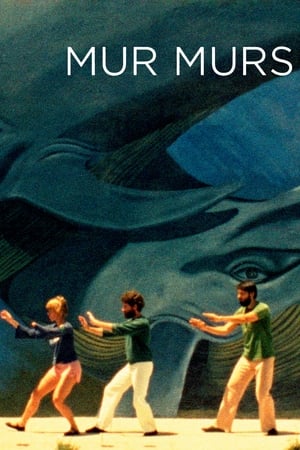 7.4
7.4Mur Murs(fr)
Venturing from Venice Beach to Watts, Varda looks at the murals of LA as backdrop to and mirror of the city’s many cultures. She casts a curious eye on graffiti and photorealism, roller disco & gang violence, evangelical Christians, Hare Krishnas, artists, angels and ordinary Angelenos.
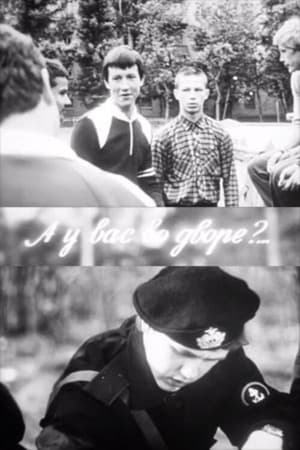 0.0
0.0And What About Your Backyard?(ru)
About youth gangs on the streets of Kazan.
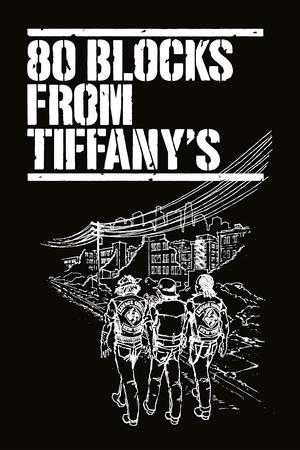 6.6
6.680 Blocks from Tiffany's(en)
This 1979 documentary depicts the daily life of gangs in the South Bronx. It deals primarily with two African American and Puerto Rican gangs known as the "Savage Skulls" and the "Savage Nomads".
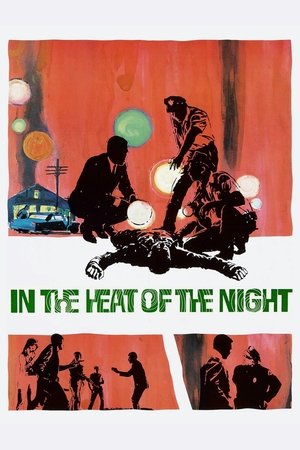 7.7
7.7In the Heat of the Night(en)
African-American Philadelphia police detective Virgil Tibbs is arrested on suspicion of murder by Bill Gillespie, the racist police chief of tiny Sparta, Mississippi. After Tibbs proves not only his own innocence but that of another man, he joins forces with Gillespie to track down the real killer. Their investigation takes them through every social level of the town, with Tibbs making enemies as well as unlikely friends as he hunts for the truth.
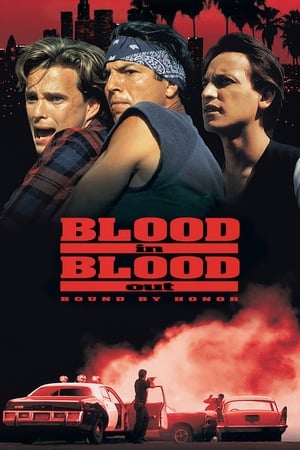 8.1
8.1Bound by Honor(en)
Based on the true life experiences of poet Jimmy Santiago Baca, the film focuses on half-brothers Paco and Cruz, and their bi-racial cousin Miklo. It opens in 1972, as the three are members of an East L.A. gang known as the "Vatos Locos", and the story focuses on how a violent crime and the influence of narcotics alter their lives. Miklo is incarcerated and sent to San Quentin, where he makes a "home" for himself. Cruz becomes an exceptional artist, but a heroin addiction overcomes him with tragic results. Paco becomes a cop and an enemy to his "carnal", Miklo.
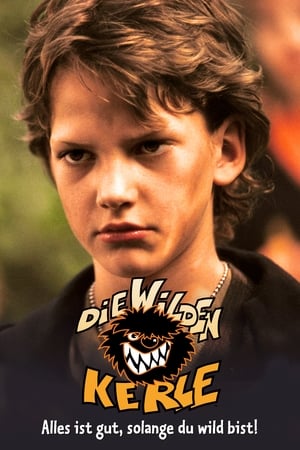 6.4
6.4The Wild Soccer Bunch(de)
The school year is over and for a diverse group of carefree kids, soccer is king! These kids believe that they are the local gold team and there is nothing they like more than improving their game. "If you want to be cool, you should be wild." However, the relentless rain turns their field into a swamp, so they have to take an unexpected break. And when the sun finally comes, a gang of older, bigger and dumber boys has just taken over the field. They won't give it back unless they lose a match against the kids.
 6.6
6.6High & Low The Red Rain(ja)
The Amamiya Brothers, Masaki and Hiroto, keep looking for their older brother Takeru who disappeared one year ago. The three Amamiya brothers lost their parents when they were young. Since then, they relied only on each other. On the anniversary of their parents' death, Masaki and Hiroto expect Takeru to appear. Instead, they meet a person who has a clue on Takeru's whereabouts.
 6.3
6.3High & Low The Movie(ja)
Chiku is a devastated and dangerous town with 5 gangs fighting fiercely. Mugen and the Amamiya Brothers clashed, leading to Mugen disbanding.
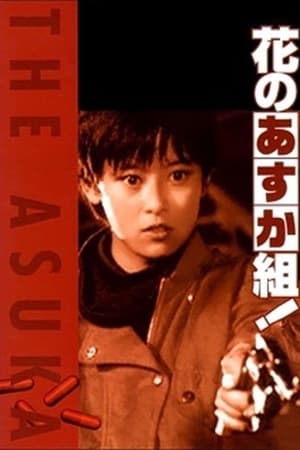 8.0
8.0The Glorious Asuka Gang!(ja)
In the year 199X, on the dark, shady streets of New Kabuki Town, the free-for-all between gangs of young delinquents and a corrupt police force is further complicated by the appearance of a mysterious girl named Asuka.
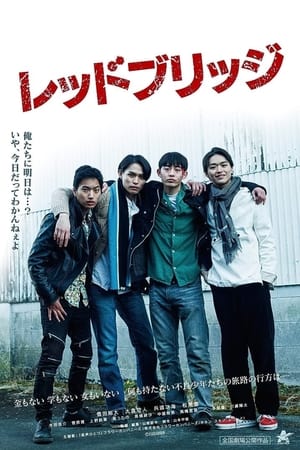 0.0
0.0Red Bridge(ja)
After completing his time in a juvenile detention center, Daiki Imanishi returns to his hometown in Ibaraki. Upon hearing that his former cellmate, Ken Kohinata, is in danger, Daiki, along with two companions he met in the detention center—Kaito Sakaguchi and Ryuichi Maki—causes trouble at every turn as they head to Tokyo in a stolen car to save Ken.
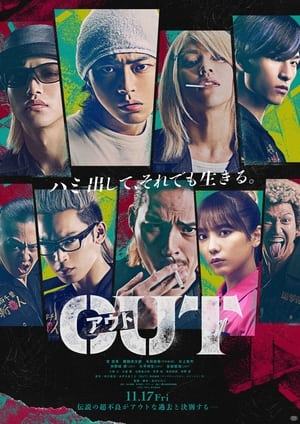 7.0
7.0OUT(ja)
Tatsuya, a former gang leader, seeks a fresh start after juvenile detention but quickly finds himself entangled in a gang rivalry. Amidst the chaos, he forms unexpected bonds with Kaname, a rival gang member, and Chihiro, the sister of a late gang leader, as they navigate the dangerous gang world together.
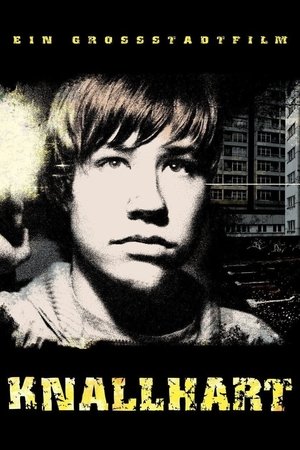 6.9
6.9Tough Enough(de)
From the youth directed novel of the same name by Greogor Tressnow comes a film by Detlev Buck that is a realistic portrait of life in the section of Berlin called Neukölln. It’s about power and weakness, delinquents and victims, and the difficulties a 15-year-old faces in a poor and criminal environment.
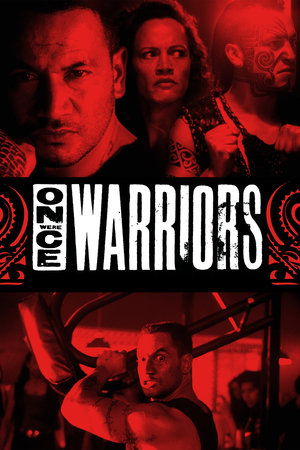 7.4
7.4Once Were Warriors(en)
A drama about a Maori family living in Auckland, New Zealand. Lee Tamahori tells the story of Beth Heke’s strong will to keep her family together during times of unemployment and abuse from her violent and alcoholic husband.
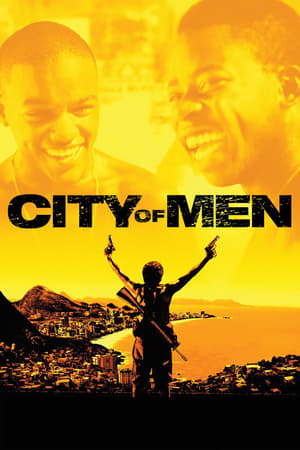 7.1
7.1City of Men(pt)
Best buddies Acerola and Laranjinha, about to turn 18, discover things about their missing fathers' pasts which will shatter their solid friendship, in the middle of a war between rival drug gangs from Rio's favelas.
